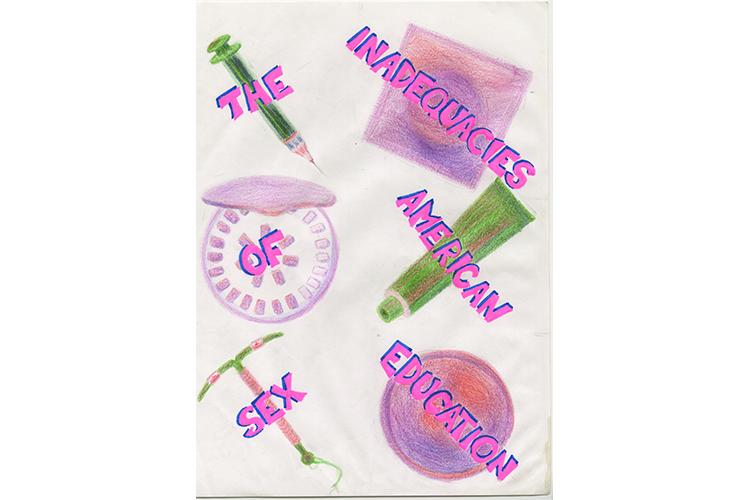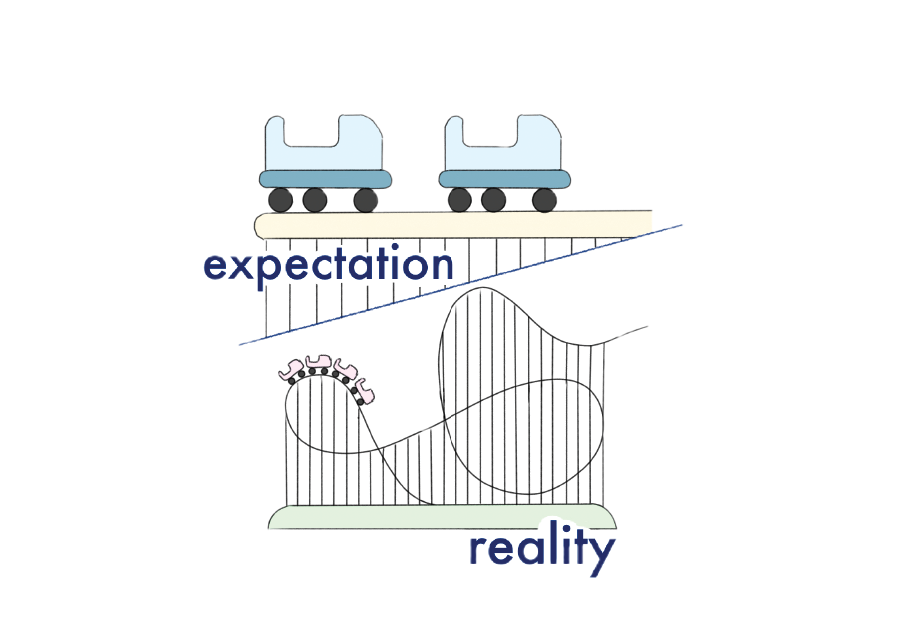//PICTURED ABOVE: Abstinence-only education excludes teaching about birth control methods.
The movie “Mean Girls” exaggerates many high school experiences while resonating with the truth. Unfortunately, the quote “Don’t have sex, because you will get pregnant and die” resonates too much with the state of sex education in America.
For a developed country, the United States is behind in its standard sex education programs. Time and time again, it has been shown abstinence- only education does nothing to deter adolescents from engaging in sexual activity. These programs strip adolescents of the right to learn about safe sex and related topics. Abstinence- only programs need to be replaced with comprehensive sex education.
The Hockaday School has a comprehensive sex education program, teaching girls about contraception, consent, different STIs and STDs and more. The program is effective and leaves students armed with the necessary knowledge to make informed, healthy decisions. This kind of comprehensive education should be seen as a standard, so all students can be informed beyond abstaining until marriage.
Where abstinence-only programs leave plenty of room for fear-mongering and misinformation, comprehensive sex programs leave little to no room, as they cover not only abstinence but a plethora of other pertinent information – with far less gender stereotyping and stigmatizing of sexually active peers.
However, in the United States, only 18 states require information about contraception to be covered in sex education, while 37 states require abstinence-only coverage and 26 states require stressing abstinence. Nine states have no requirement for sex or HIV education. As it stands, abstinence- only sex education is the most common form of sex education in America. The United States has the highest rate of teen pregnancy in the developed world that have far more comprehensive sex education programs as a standard, showing a strong correlation between unintended pregnancies and lack of comprehensive sex education.
As the correlation suggests, abstinence-only education does not preventteen pregnancy. Scientific evidence, accumulated over years of research, indicates that abstinence-only education has no positive effect on pregnancy and STI prevention. Beyond this, abstinence- only programs can potentially harm adolescents, as they fail to provide information important for sexually active adolescents and leave them vulnerable to unsafe sexual practices.
In addition, abstinence-only programs promote harmful gender stereotypes and marginalize the needs of LGBTQ+ youth, by basing sex education only on heterosexual relationships among people who expect to marry. The programs also stigmatize sex and isolate sexually active adolescents by implying they are worth less than abstinent peers.
By contrast, comprehensive sex education is far more effective at preventing teen pregnancy and the spread of STIs, and teaches adolescents how to be sexually healthy adults and how to engage in healthy behaviors in intimate relationships.
Abstinence-only supporters often argue that comprehensive sex education encourages adolescents to become sexually active. However, scientific evidence indicates that abstinence-only education has no impact on the average age adolescents begin engaging in sexual intercourse. The only thing abstinence- only education surely does is leave these sexually active adolescents without an understanding of the risks of sexual activity, pregnancy and STI prevention methods and more.
Pro-abstinence groups also argue that sex education should be left to parents, but not all parents have a comprehensive understanding of sexual activity and its health implications.
Comprehensive sex education has consistently shown desirable results. In European countries that practice comprehensive sex educations programs, teen birth rates tend to be very low, while in countries where these programs are still in early development stages teen birth rates tend to be far higher.
Yet despite scientific evidence and clear examples of successful comprehensive sex education in other countries, the United States continues to fund abstinence-only education. Between 1982 and 2017, Congress spent $2 billion on abstinence-only programs.
It is time to move the money from abstinence-only programs into comprehensive sex education programs. It is time to make comprehensive sex education a standard across America.
Story by Catherine Sigurdsson
Drawing by Angelina Wu














